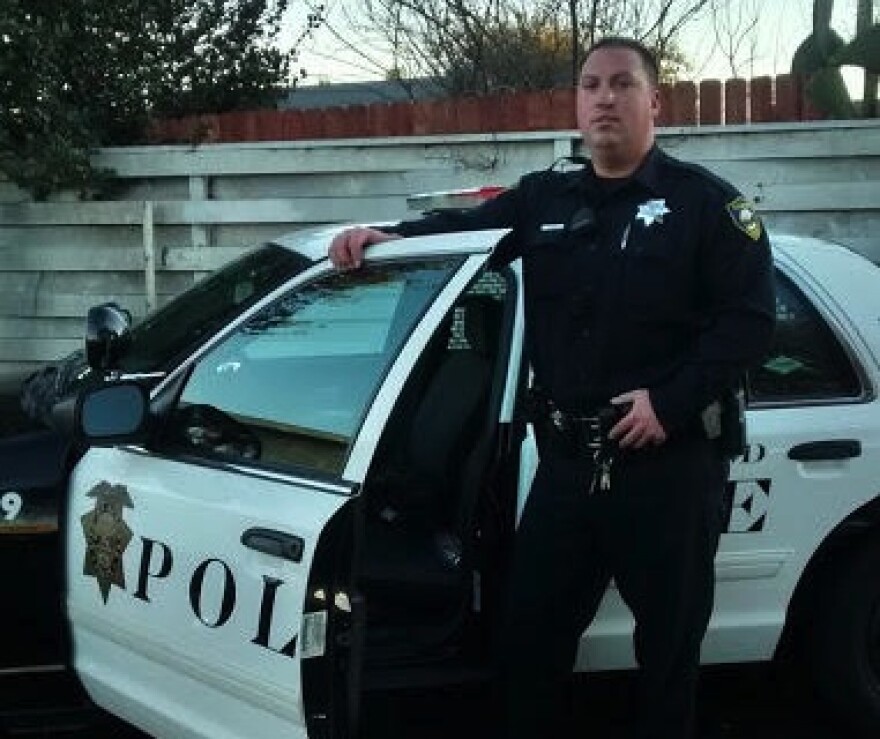When Chris Magnus took over the Richmond Police Department in 2006, he was tasked with cutting back violent crime in what was then known as one of America’s most dangerous cities.
Since that time, the Department has experienced over 80% personnel turnover, and a new culture has taken root among officers. Part of the new culture is the expectation that every officer in Richmond is a community police officer, someone who maintains the same beat on a daily basis. This approach has helped Richmond’s officers to develop a familiarity with citizens.
"Before, we kind of responded to services, just going from call to call. Now we’re looking from a broader approach,” says Captain Bisa French, of RPD’s Northern District. Part of that broader approach is working with other city services to think of more holistic ways of engaging with citizens.
The Richmond Police Department isn’t the only organization in the city putting in work to cut back on crime. In 2007, Richmond created the Office of Neighborhood Safety, or ONS, which reaches out to Richmond’s most violent young men to convince them to stop the violence.
“We let the streets dictate to us where we go and who we talk to," says Kevin Yarbrough, a Neighborhood Change Agent at ONS. "If it's a hotspot where it can be a next shooting, or situation where a gun may be involved, we'll be in that area. Wherever the drama is we'll be ... [to] lessen the situation.”
Yarbrough is part of a team that drives around Richmond neighborhoods each day, making and maintaining contact with young men at risk for participation in gun violence.
An important part of ONS' mission is including young men in the process of changing their lives. Yet Devone Boggan, the director of ONS, says he acknowledges "the city's failure to help them be successful, our failure to not see them as part of the solution."
Part of Boggan’s pitch to young men to get them to participate in the intensive 18-month mentorship program is to take them on trips to college campuses and to other countries. “You get on a plane with me to travel the state or the country, you gotta be willing to travel with your enemy -- somebody in a rival group,” says Boggan. This move is geared toward helping rival gang members squash their beefs by having them become familiar with one another on a personal level.
Another important part of ONS’ curriculum is a privileged stipend. ONS is a city department funded with a mix of public and private dollars. After six months of satisfactory participation in the fellowship, ONS fellows become eligible to earn up to $1,000 a month for nine months.Many people are critical of this method of paying the young men to stay out of trouble and not commit crimes.
Boggan has a response for those detractors.
“We’re willing to pay a great deal of public dollars on punitive measures after these young men have done knuckle-headed activities -- when we can spend a whole lot less on the front end and get good, if not better, results.”
Both the Office of Neighborhood Safety and the Richmond Police Department are getting better results from their innovative approaches. The city's violent crime and property crime have experienced significant declines over the last decade and both ONS and the police department are nationally lauded for their approaches.
But perhaps the universal takeaway is that a city’s fate is tied to its most vulnerable citizens.







